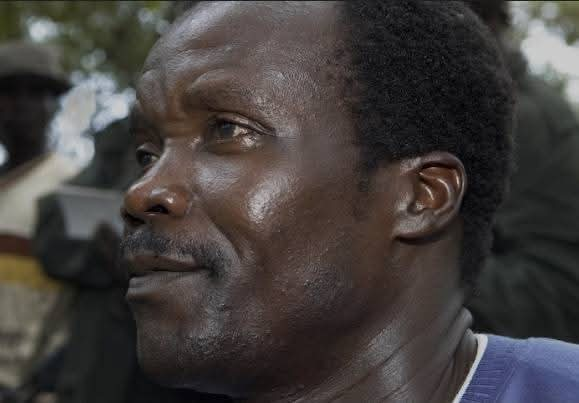Nobody knows where Joseph Kony is, but this hasn’t deterred the international courts from running charges against the fugitive.
In a groundbreaking move for international justice, the International Criminal Court (ICC) opened its first-ever confirmation of charges hearing in absentia, starting from Tuesday, September 9, 2025, against Joseph Kony, the notorious Ugandan rebel leader.
Kony is accused of orchestrating decades of atrocities through his Lord’s Resistance Army (LRA).
The three-day proceedings, set to run until September 11 in Courtroom 1, mark a pivotal step in the long pursuit of accountability for crimes that devastated northern Uganda and beyond, even as the accused renegade remains at large nearly two decades after his initial indictment.
The Pre-Trial Chamber III was presided over by Judge Althea Violet Alexis-Windsor alongside Judges Lulia Antoanella Motoc and Haykel Ben Mahfoudh.
The sessions began at 9:30 a.m. local time.
Prosecutors are expected to present evidence supporting 39 counts of war crimes and crimes against humanity, including murder, rape, sexual enslavement, torture, pillaging, and the enlistment of child soldiers.
These charges stem from the Lord Resistance Army (LRA)’s brutal campaign against the Ugandan government between July 2002 and December 2005, during which thousands of civilians, with many of them being children, were abducted, mutilated and killed.
It was a sickening reign of terror that displaced more than 1.8 million people.
Joseph Kony, was born in September 1961 and grew to become the founder of the LRA in the 1980s.
The wanted fugitive has evaded capture since an International Criminal Court (ICC) arrest warrant was issued against him under seal on July 8, 2005, and unsealed on October 13, 2005.
The International court determined that all reasonable efforts to locate and notify him had been exhausted, including extensive media campaigns in Uganda and neighboring countries, outreach in local languages like Acholi, and engagements with community leaders, religious figures, and civil society groups.

